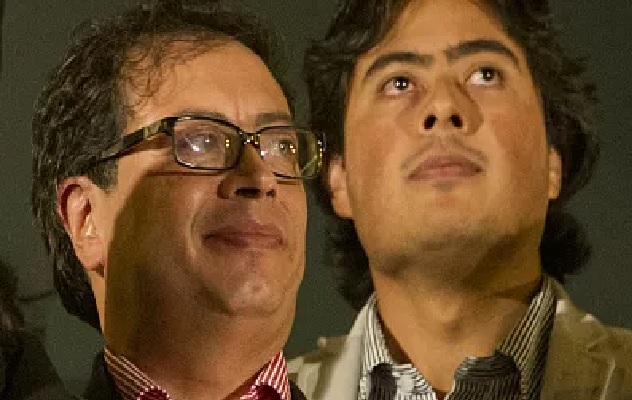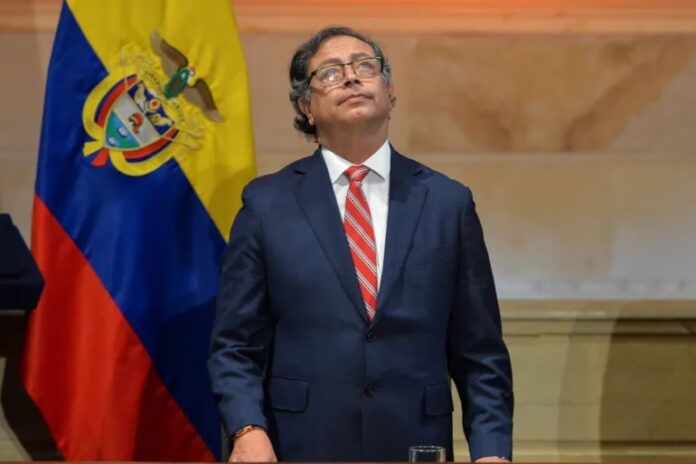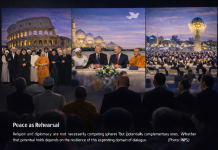- Nicolas Petro arrested on Money laundering and illicit enrichment charges
- He allegedly collected fun during last year’s election campaign
In a significant development, Colombian police have apprehended Nicolas Petro, the son of President Gustavo Petro, on charges of money laundering and illicit enrichment. This arrest comes as part of a high-profile investigation into funds allegedly collected during his father’s election campaign last year.
The chief prosecutor’s office issued a statement confirming that Nicolas Petro and his ex-wife, Daysuris Vazquez, were taken into custody on the orders of a court in Bogota on Saturday. Prosecutors are seeking their provisional detention pending further investigations into the accusations of money laundering.

President Gustavo Petro has asserted that he will not interfere with the ongoing probe. He expressed his personal pain at witnessing his son’s arrest, but as the president of the republic, he assured the chief prosecutor’s office of full cooperation and adherence to the law in the investigation.
The arrest of Nicolas Petro deals a significant blow to the government, which has been facing conservative attacks and struggling to maintain bipartisan support for Colombia in the United States, a crucial ally.
Previously, the president’s son welcomed the investigation when it began in March, denying any involvement in taking money from drug traffickers for his father’s peace efforts. However, accusations of corruption continue to surround the matter.
Nicolas Petro’s ex-wife, Daysuris Vazquez, alleged that he received funds from individuals linked to drug trafficking for his father’s campaign, but instead, the money was used for luxurious living in Barranquilla.
The government led by President Petro has been pushing a “Total Peace” proposal aimed at persuading criminal groups to lay down their arms. The president has pledged to negotiate peace deals with rebels and crime gangs, aiming to end Colombia’s 60-year internal conflict that has claimed the lives of approximately 450,000 people. However, these efforts have seen mixed success during his first year in office, with challenges in negotiations with armed groups and ongoing violence.






